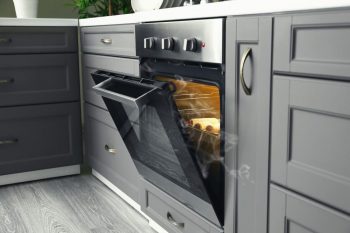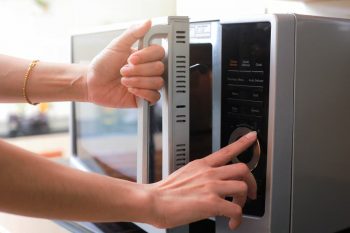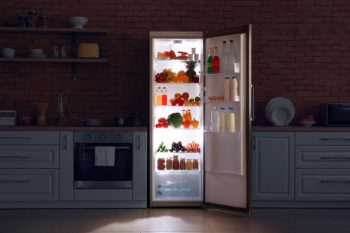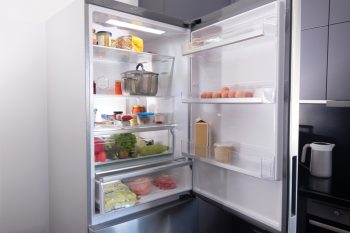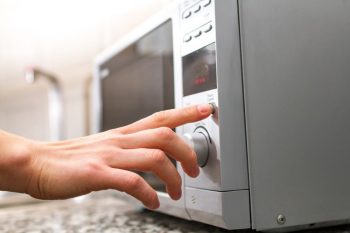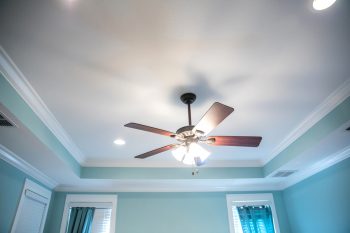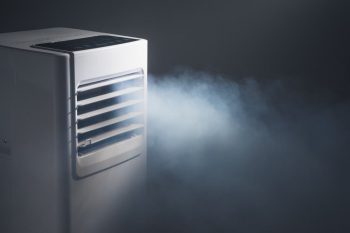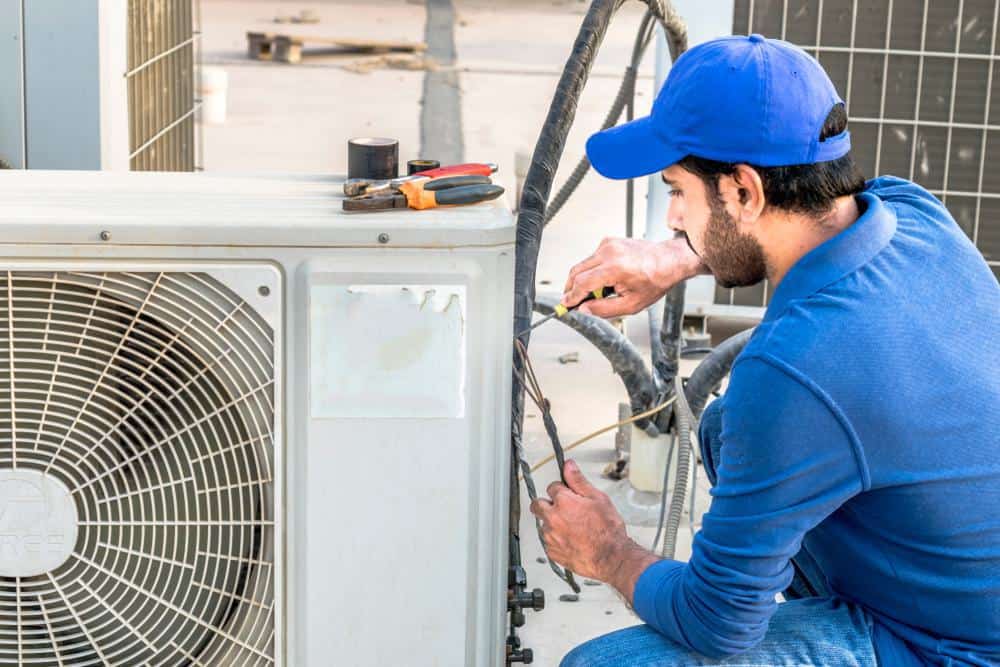
Maintaining optimal airflow in your air conditioning system is crucial for its efficiency and your comfort. Unfortunately, various factors can restrict the airflow, leading to reduced performance and higher energy costs. This article will guide you on how to improve air conditioner airflow effectively, ensuring a cool and comfortable living environment.
Improving air conditioner airflow can be achieved by unblocking and cleaning AC vents, regularly checking and replacing AC filters, fixing any leaks in the ductwork, scheduling regular HVAC maintenance, increasing the size of return vents if necessary, using ceiling fans to assist with air circulation, and installing a programmable thermostat. Regular attention to these areas can significantly enhance your air conditioner’s performance and efficiency.
Importance of Airflow in Air Conditioning Systems
Airflow plays a vital role in the efficiency and performance of your air conditioning system. A well-maintained airflow ensures that the cooled air is evenly distributed throughout your home, providing a comfortable environment. On the other hand, poor airflow can lead to hot and cold spots, increased energy consumption, and even damage to your air conditioning system.
Common Issues Affecting Air Conditioner Airflow
Several factors can affect your air conditioner’s airflow. These include:
- Obstructed condenser unit: The outdoor unit can get clogged with debris, restricting the airflow.
- Blocked vents and registers: Furniture, curtains, or other objects can obstruct the vents and limit air circulation.
- Clogged filters: Dirty air filters can restrict airflow, forcing your system to work harder, which can lead to compressor failure.
- Blocked or leaky ducts: Obstructions or leaks in the ductwork can cause a significant loss of airflow.
- Incorrectly sized AC unit: An oversized or undersized air conditioner can lead to inefficient operation and uneven temperatures.
Signs of Poor Air Conditioner Airflow
Recognizing the signs of poor airflow can help you address the issue promptly. Some of the signs include:
- Warm air blowing from the vents
- Low airflow or no air coming out from vents
- Hot and cold spots around the house
- Pressure imbalance
- Less or no air from the registers
If you notice any of these signs, it’s time to take action and improve your air conditioner’s airflow.
How to Improve Air Conditioner Airflow Effectively
Unblock AC vents
The first and simplest step is to ensure that there is a clear three-foot radius around each vent in your home. Remove any obstructions that might be blocking the airflow, such as furniture, blinds, or toys.
Clean AC vents
Regularly clean the vent grates to remove dust and debris that may have accumulated. You can use a soft-bristle brush and warm soapy water for this task.
Check and Replace AC Filters
Inspect your air filters at least once a month and replace them every few months, or as needed, to ensure they work efficiently. A dirty filter can reduce airflow and impair the system’s efficiency.
Find and Fix Leaks
Leaks in your ductwork can cause a significant loss of airflow. An HVAC contractor can inspect your ducts and seal any leaks, improving the airflow.
Schedule Regular HVAC Maintenance
Regular maintenance checks by professionals can help keep your air conditioning system in top working condition and ensure proper airflow. This includes cleaning the fins, straightening bent fins, and servicing the compressor or condenser.
Increase the Size of Return Vents
Larger return vents can improve airflow, especially to the second floor of your home. Consult with an HVAC professional to determine if this is a suitable option for your system.
Use Ceiling Fans
Ceiling fans can help circulate cool air more effectively, reducing the workload on your air conditioner and improving its efficiency.
Install a Programmable Thermostat
A programmable thermostat can help you save energy by automatically adjusting the temperature when you’re not at home or when you’re sleeping.
By following these steps, you can improve the airflow in your air conditioning system, making your home more comfortable and energy-efficient.
Conclusion
Improving your air conditioner’s airflow can significantly enhance its performance and efficiency, providing a more comfortable living environment. Regular maintenance, proper positioning, and the use of additional tools like ceiling fans and programmable thermostats can help achieve optimal airflow. However, if you continue to experience airflow issues, it’s best to consult with a professional HVAC technician for further assistance.
Frequently Asked Questions
How often should I replace my air conditioner filters?
The frequency of replacing air conditioner filters depends on various factors such as the air quality in your home and the type of filter your AC unit uses. However, a general rule of thumb is to replace them every 60-90 days. If you have pets or someone in your home has allergies, you might need to replace them more often, perhaps every 30-45 days.
What is the role of a condenser in an air conditioning system?
The condenser in an air conditioning system plays a crucial role in the cooling process. It expels the heat absorbed from your home to the outside environment, thus cooling the air. If the condenser unit is obstructed or damaged, it can affect the system’s efficiency and performance.
How can I tell if my ducts are leaking?
Some signs that your ducts might be leaking include high energy bills, difficulty maintaining a comfortable temperature, and visible dust accumulation around the vents. However, the most accurate way to determine if your ducts are leaking is to have them inspected by a professional HVAC technician.
What is a programmable thermostat and how can it help improve my air conditioner’s efficiency?
A programmable thermostat allows you to pre-set temperatures for different times of the day or different days of the week. This means you can automatically adjust the temperature when you’re not at home or sleeping, which can save energy and improve your air conditioner’s efficiency.
Can ceiling fans really improve the efficiency of my air conditioning system?
Yes, ceiling fans can indeed improve the efficiency of your air conditioning system. They help circulate the cooled air more effectively throughout the room, which can make the room feel cooler and reduce the need for the air conditioner to work as hard. This can lead to energy savings and improved system performance.



